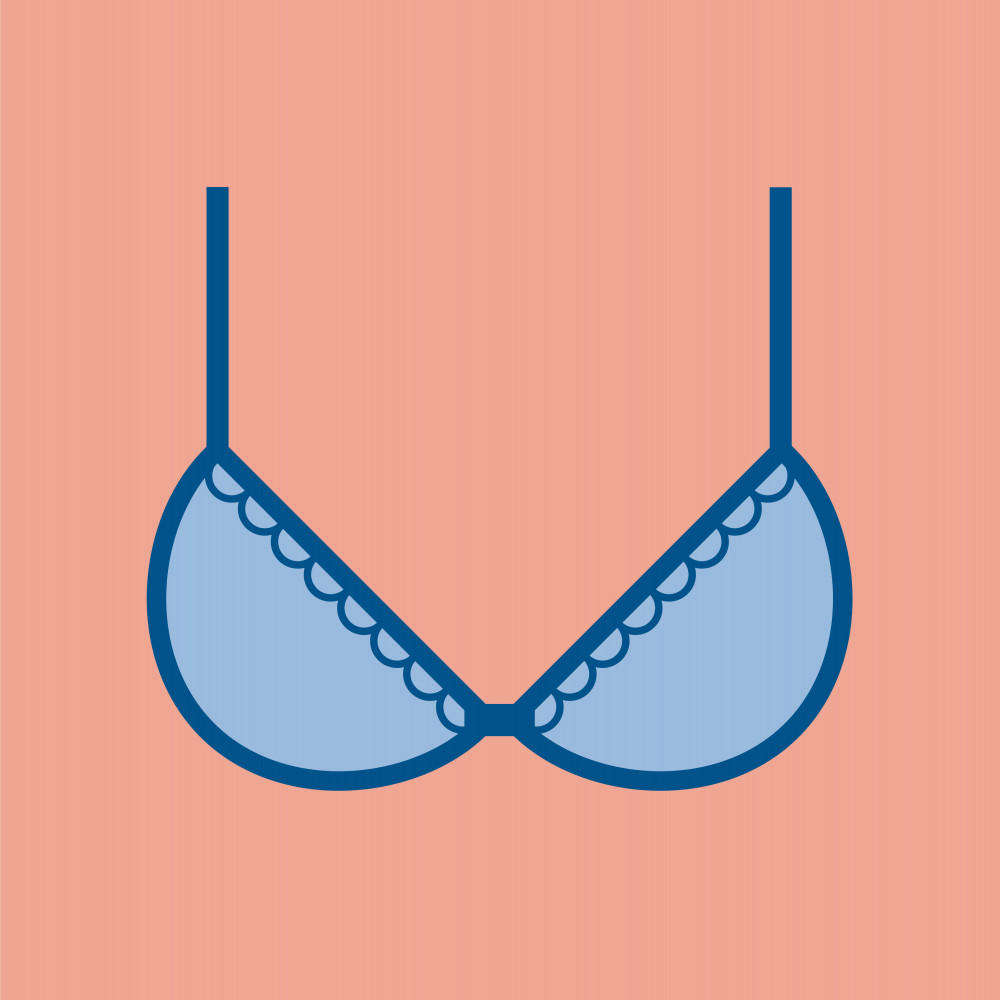Pre-menstrual syndrome is collection of symptoms that start a week or so before your period. And while a lot of people feel bloaty and achy, it can also affect your state of mind.
Do you ever wake up thinking life is great, then become sad, anxious or even angry a few hours later? If you find yourself overreacting to things that you would normally be able to shrug off, PMS is the likely culprit. And there might be other things at play, too.
Premenstrual exacerbation is when you have an existing condition, such as anxiety or depression, and it gets worse in the days leading up to your period.
Premenstrual dysphoric disorder (PMDD) is similar to PMS, but basically worse. It can cause pretty intense mood swings that are bad enough to mess with your daily life – your relationships at home, at school and/or at work. While most women get PMS on some level, only around five per cent have PMDD. If you find yourself crying, feeling out of control, aggressive, having panic attacks or even suicidal thoughts, this is something you need to investigate with a doctor pronto.
As usual with hormone related illnesses, the experts aren’t sure about the exact cause of PMS. (Perhaps because until recently they were all men, so historically not much has been done about it.) But changes in oestrogen and progesterone levels are known to influence serotonin, the neurotransmitter that helps regulate mood, sleep cycle and appetite. Low serotonin levels make you feel sad and cross, so there’s your link.
It helps to track your symptoms, so at least you will know why you’re feeling so blue all of a sudden. Hormonal treatments such as the pill are PMS busters for some people, while for others they can just make mood swings even worse.
If you want to go down the natural route, trials have found that calcium (milk, yoghurt, cheese, leafy veg or a daily supplement) helps. And Vitamin B-6 (fish, chicken, fruit or a daily supplement) may also relieve symptoms. And then there’s the usual list. Do some exercise, get plenty of sleep and keep your fluids up. It might not actually help your mood, but it should stop you feeling even worse.





